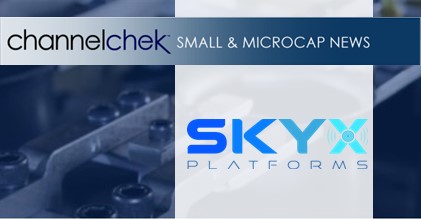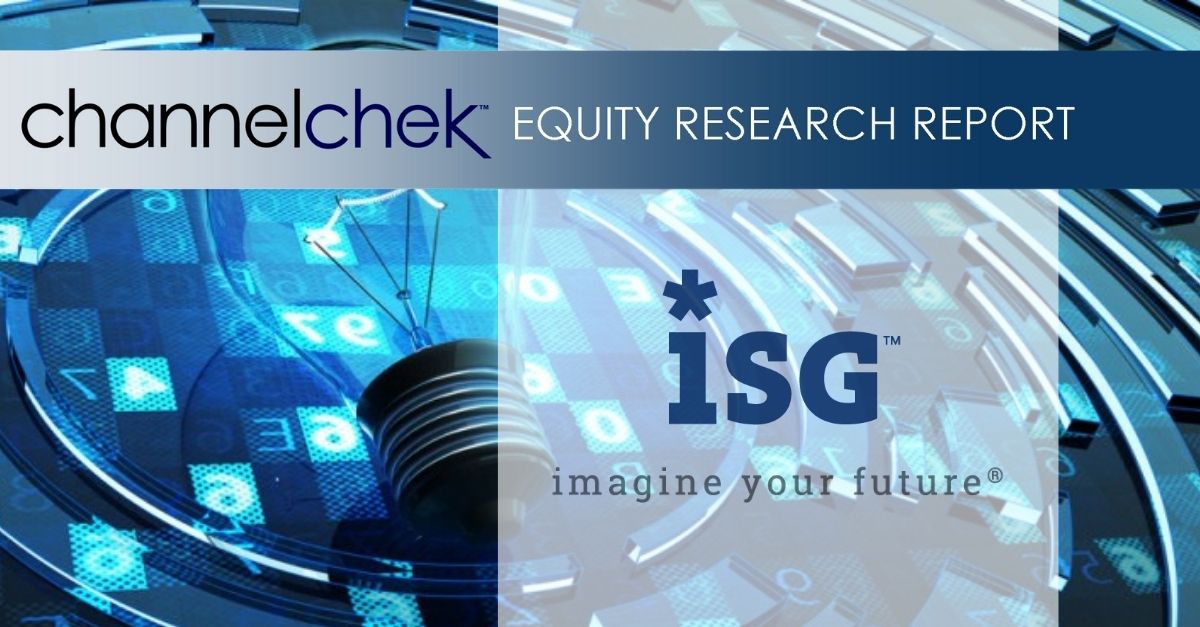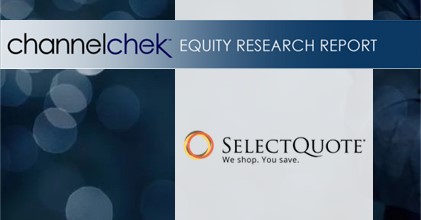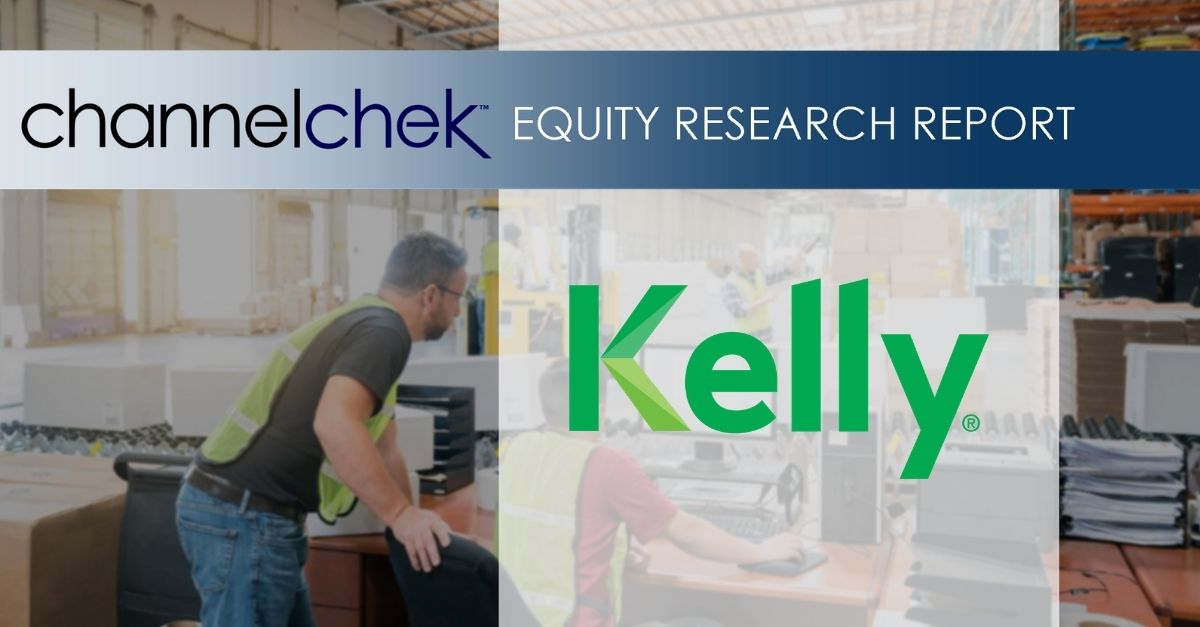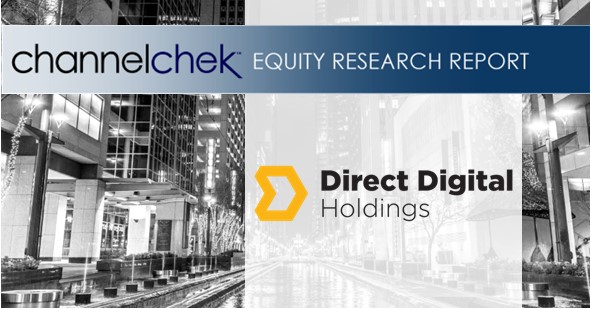MIAMI, Jan. 23, 2026 (GLOBE NEWSWIRE) — SKYX Platforms Corp. (NASDAQ: SKYX) (d/b/a SKYX Technologies) (the “Company” or “SKYX”), a highly disruptive smart home platform technology company with over 100 pending and issued patents globally and 60 lighting and home décor websites, with a mission to make homes and buildings become safe and smart as the new standard, today announced that it has entered into a securities purchase agreement with one fundamental institutional investor to raise $25 million of gross proceeds via a registered direct offering.
Under the terms of the securities purchase agreement, the Company will issue, for an aggregate purchase price of $25 million, a total of 10 million shares of common stock, at a purchase price of $2.50 per share with no warrants. The closing of the offering is subject to customary closing conditions and is expected to close on or about January 26, 2026. The Company intends to use the net proceeds from the offering for working capital and general corporate purposes.
Roth Capital Partners is acting as the exclusive placement agent for the offering.
A shelf registration statement on Form S-3 (File No. 333-271698) relating to the securities being offered was originally filed with the U.S. Securities and Exchange Commission (the “SEC”) on May 5, 2023 and declared effective on May 12, 2023. The offering is being made only by means of a prospectus supplement and accompanying prospectus that form a part of the shelf registration statement. The final prospectus supplement and accompanying prospectus relating to the offering will be filed with the SEC and will be available on the SEC’s website at www.sec.gov. Electronic copies of the final prospectus supplement and accompanying prospectus relating to the offering, when available, may be obtained on the SEC’s website at www.sec.gov or by contacting Roth Capital Partners, LLC, 888 San Clemente Drive, Newport Beach, CA 92660 or by email at rothecm@roth.com.
This press release shall not constitute an offer to sell or a solicitation of an offer to buy these securities, nor shall there be any sale of these securities in any state or jurisdiction in which such offer, solicitation or sale would be unlawful, prior to registration or qualification under the securities laws of any such state or jurisdiction.
About SKYX Platforms Corp.
SKYX Platforms Corp. (NASDAQ: SKYX) is a technology platform company focused on making homes and buildings safe, advanced, and smart as the new standard. As electricity is present in every home and building, SKYX is developing disruptive plug & play technologies designed to modernize traditional electrical infrastructure while improving safety, functionality, and ease of use.
The Company holds over 100 issued and pending U.S. and global patents and owns 60 lighting and home décor websites serving both retail and professional markets. SKYX’s platform emphasizes high-quality design, simplicity, and enhanced safety, with applications intended for every room in residential, commercial, hospitality, and institutional buildings worldwide.
SKYX’s technologies support recurring revenue opportunities through product interchangeability, upgrades, AI-enabled services, monitoring, and subscriptions. The Company follows a “razor-and-blades” model, anchored by its advanced ceiling electrical outlet platform and an expanding portfolio of plug & play smart home products, including lighting, recessed and down lights, emergency and exit signage, ceiling fans, chandeliers, indoor and outdoor fixtures, and themed lighting solutions. Its plug & play technology enables rapid installation in high-rise buildings and hotels, reducing deployment timelines from months to days.
SKYX estimates its U.S. total addressable market at approximately $500 billion, with more than 4.2 billion ceiling applications in the U.S. alone. Revenue streams are expected to include product sales, licensing, royalties, subscriptions, monitoring services, and the sale of global country rights.
For more information, please visit our website at https://skyx.com/ or follow us on LinkedIn.
Forward-Looking Statements
Certain statements made in this press release are not based on historical facts but are forward-looking statements. These statements can be identified by the use of forward-looking terminology such as “aim,” “anticipate,” “believe,” “can,” “could,” “continue,” “estimate,” “expect,” “evaluate,” “forecast,” “guidance,” “intend,” “likely,” “may,” “might,” “objective,” “ongoing,” “outlook,” “plan,” “potential,” “predict,” “probable,” “project,” “seek,” “should,” “target,” “view,” “will,” or “would,” or the negative thereof or other variations thereon or comparable terminology, although not all forward-looking statements contain these words. These statements reflect the Company’s reasonable judgment with respect to future events and are subject to risks, uncertainties and other factors, many of which have outcomes difficult to predict and may be outside our control, that could cause actual results or outcomes to differ materially from those in the forward-looking statements. Such risks and uncertainties include statements relating to completion, size and timing of the offering, the Company’s intended use of proceeds from the offering, the Company’s ability to successfully launch, commercialize, develop additional features and achieve market acceptance of its products and technologies and integrate its products and technologies with third-party platforms or technologies; the Company’s efforts and ability to drive the adoption of its products and technologies as a standard feature, including their use in homes, hotels, offices and cruise ships; the Company’s ability to capture market share; the Company’s estimates of its potential addressable market and demand for its products and technologies; the Company’s ability to raise additional capital to support its operations as needed, which may not be available on acceptable terms or at all; the Company’s ability to continue as a going concern; the Company’s ability to execute on any sales and licensing or other strategic opportunities; the possibility that any of the Company’s products will become National Electrical Code (NEC)-code or otherwise code mandatory in any jurisdiction, or that any of the Company’s current or future products or technologies will be adopted by any state, country, or municipality, within any specific timeframe or at all; risks arising from mergers, acquisitions, joint ventures and other collaborations; the Company’s ability to attract and retain key executives and qualified personnel; guidance provided by management, which may differ from the Company’s actual operating results; the potential impact of unstable market and economic conditions on the Company’s business, financial condition, and stock price; and other risks and uncertainties described in the Company’s filings with the Securities and Exchange Commission, including its periodic reports on Form 10-K and Form 10-Q. There can be no assurance as to any of the foregoing matters. Any forward-looking statement speaks only as of the date of this press release, and the Company undertakes no obligation to update or revise any forward-looking statements, whether as a result of new information, future events or otherwise, except as required by U.S. federal securities laws.
Investor Relations Contact:
Jeff Ramson
PCG Advisory
jramson@pcgadvisory.com




